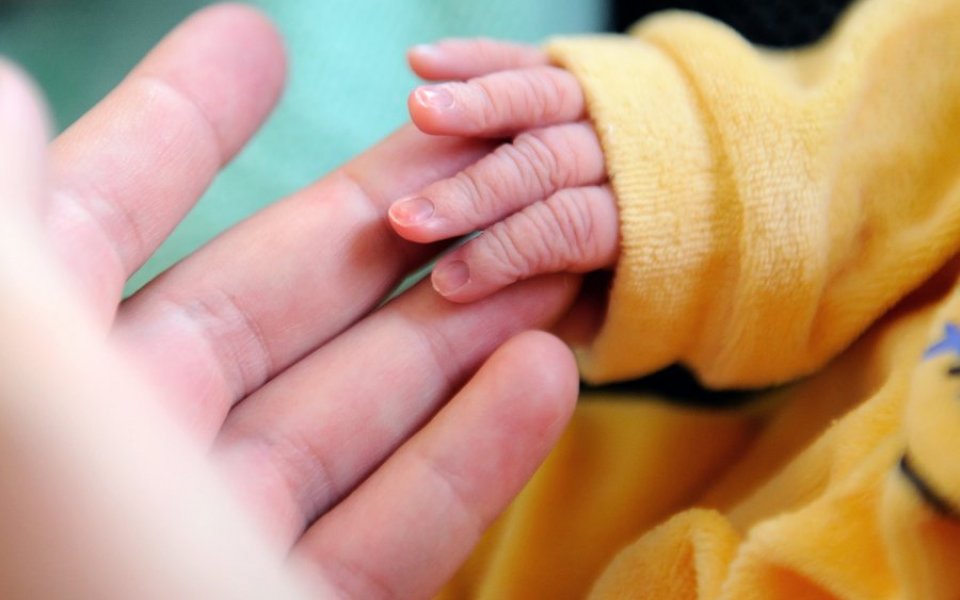When people are happy, they’re more likely to have baby boys

When people are in a state of euphoria and having sex more frequently, the number of baby boys conceived compared to baby girls goes up.
This is the conclusion a pair of researchers came to after analysing the sex ratio of live births in South Africa nine months after the country held the Fifa World Cup in 2010.
They found that during February and March 2011, the birth ratio swung in favour of boys more than at any other period from 2003 to 2012. Over the two months, the proportion of boys born compared to girls was 50.6 per cent, and overall this amounted to 1,000 extra male births.
Across the rest of the nine years, the average proportion of boys born was 50.3 per cent – still higher than girls, but to a lesser degree. And the researchers are pretty sure it all comes down to the excitement of the football tournament – in fact, they are 98 per cent sure the game was the cause of the difference.
They put this down to a combination of happiness, excitement and more frequent sex during the event.
“The main mechanism driving the observed increase in the sex ratio at birth in South Africa is most likely more frequent sexual intercourse at population level during the tournament,” they say in their paper, published in the journal Early Human Development.
It's not the first time a study has highlighted the impact of nation-wide mood on sex ratio. Previous findings have revealed that stress, whether political or the result of a natural disaster, causes more girls to be born than boys. By comparison, periods of calm lead to more boys being born.
So why is it that happiness breeds men? The researchers say there are two main factors at play. The first is that during stress, sperm motility is low, and this results in many of the male sperm dying off, leaving a female sperm to reach the egg instead.
The second factor is that people have more sex when they are happy, and as a result a woman is more likely to be made pregnant at the beginning of the fertile part of her menstrual cycle. This, the researchers say, leads to more males being born.